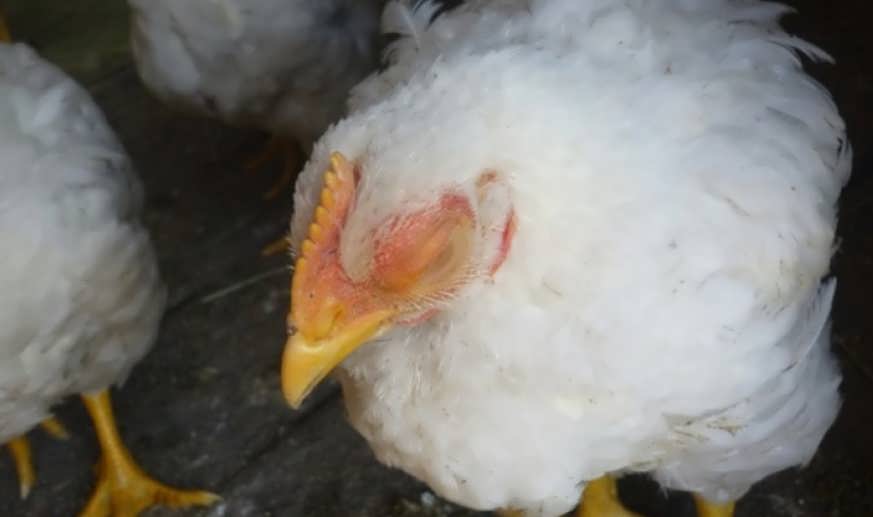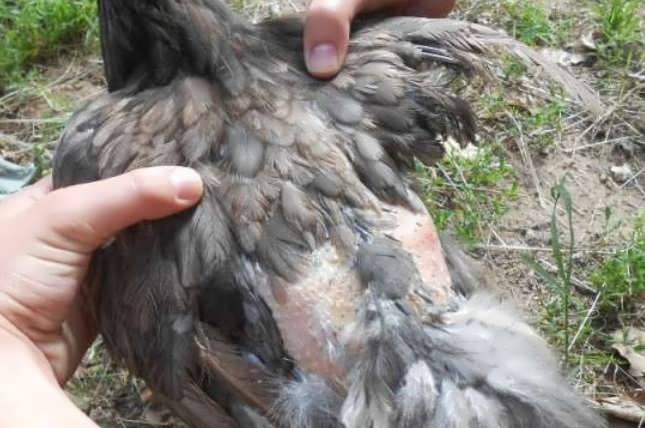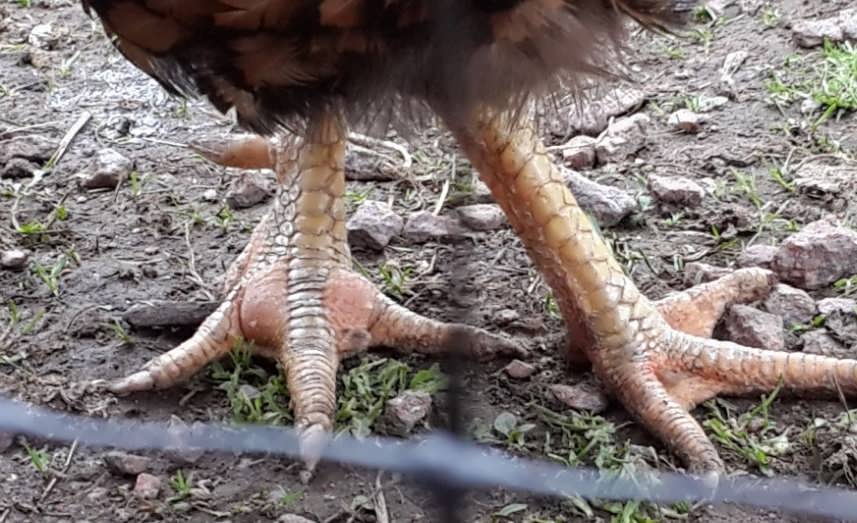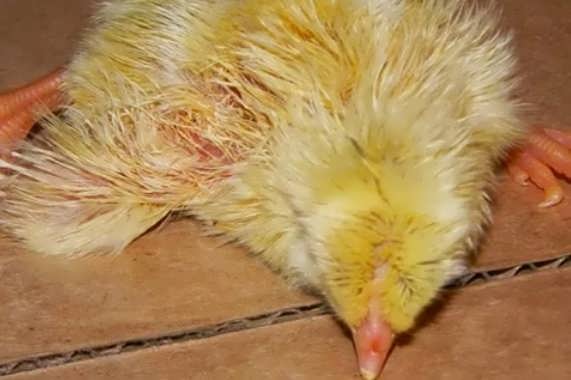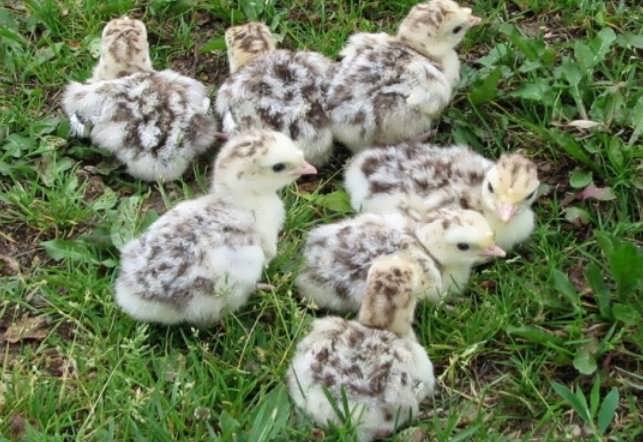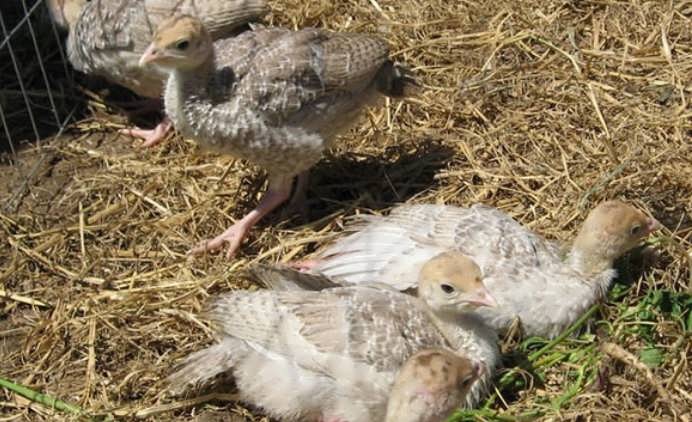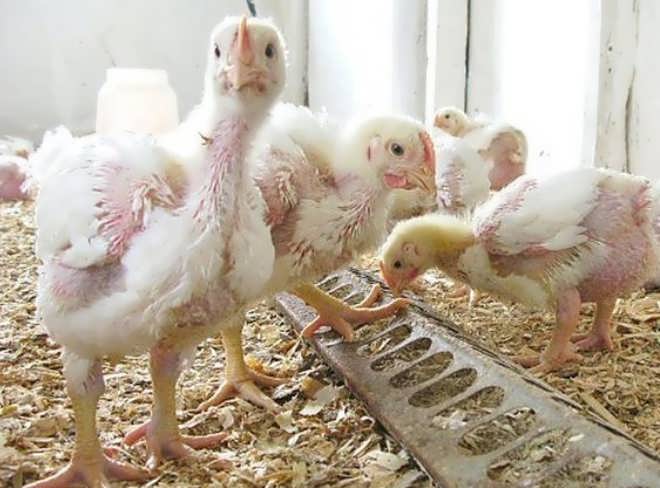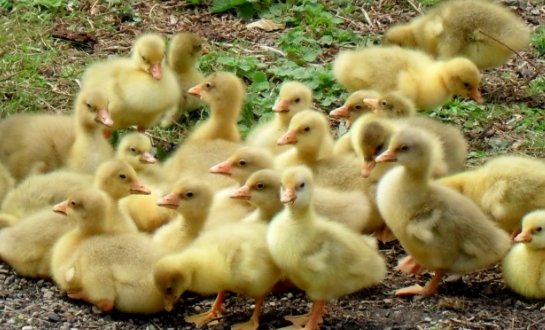Often the owner of the chicken coop is not even aware of the presence of parasites in birds. In the meantime, this can be very relevant. You need to know what are the worms in chickens, the symptoms and treatment of the most common diseases.
How to treat worms in chickens
It is impossible to apply treatment until it is clarified which worms live in the body of a bird and where exactly they settled.
Worms can get into the poultry yard:
- with young and adults;
- a bird can become infected by eating slugs, ants, molluscs.
What are worms?
The most common in bird farms are as follows:
- nematodes (heterakidiasis, ascariasis);
- cestodes (rayetinosis, daveniasis);
- trematodes (prostogonimiasis);
- also mixed invasions.
Where do worms live and how to identify
Many worms live in the intestines. Among the most common are:
- the causative agent of davinosis. Infection occurs when pecking slugs and molluscs. In laying hens, the disease is manifested by oppression, a decrease in the quality of oviposition. When the birds are on the run, the sun's rays quickly dry out the eggs of the helminth and the disease goes away on its own;
- rayetinia enter the body by eating ants. The young are most often affected. If walking is prohibited for a while, self-healing occurs;
- roundworm. The most dangerous and widespread helminths causing great damage to poultry farming. Birds become infected by ingesting eggs.
As a rule, adult stock may not show signs of invasion, although they will be carriers and distributors of eggs. Young growth is very difficult to tolerate the disease. Infected from the first days, roundworms ripen in the intestines by 1.5 months. The chickens are oppressed, they sit ruffled (while the appetite is preserved). With a forced cut, there is almost no blood, anemia appears.
The case , without assistance, can reach 80%. Those who remain alive will be immune. It is easy to identify the helminth - you need to open the carcass and "feel" the small intestines. It is impossible not to notice the roundworm. Further, the intestine can be opened and verified for invasion. Having applied the medicine quickly (2 days in a row with food), after 2-3 days the bird does not show signs of the disease.
Heteracid parasite settled in the caecum. Eggs , released into the environment, remain viable for a long time. Carriers are flies, various insects, earthworms. It is difficult to rid a chicken of worms, since you should constantly clean the chicken coop and decontaminate the litter, and anthelmintics should be given every other day.
The oviduct is where the egg is fully formed. It was there that the causative agent of prostogonimiasis settled. The likelihood of infection is high if chickens are constantly fed with freshwater mollusks or dragonflies.
Developing, helminths disrupt functional activity. The signs are:
- eggs become smaller and the shell softer;
- the calcium shell is not formed, and the eggs come out only in a soft, shell-like shell;
- egg production is low or absent;
- calcareous discharge with an unformed shell comes out of the cloaca;
- oppressed bird;
- the stomach becomes large, painful;
- gait is duck-like.
If with other invasions the symptoms are “blurred”, then with this disease they directly indicate the location of the worm. During a pathological examination, a helminth can be found in the oviduct, and when examining the litter, helminth eggs are easily detected.
What to give chickens from worms
Having found worms in chickens, treatment should be taken immediately. After reviewing the information above, it becomes clear that the world of the helminth is diverse. You can not use one remedy to cure everything at once.
Having found out which eggs of which worms are in the body of a chicken, you can choose how to drink chickens from worms.
Worms for chickens
Unfortunately, there are no drugs that would kill all helminths at once. When drinking birds, the poultry farmer is perplexed why the medicine does not help. The answer is simple - because it's not that and not from that.
Asking in a pharmacy for tablets from worms, you will be advised piperazine adipate:
- highly efficient;
- working fast;
- a single injection into the inside is sufficient individually, or in a mixture of feed;
- repetition is carried out in a month.
But, it acts only on round worms - with ascariasis.
Experienced poultry farmers know that the prevention of worms in chickens is carried out for all chickens, starting from 2 months of age (repeat in a month), namely with piperazine.
Let's apply also at roundworms levamisole. This remedy can be diluted with drinking water. The dosage is calculated according to the instructions, depending on the concentration indicated by the manufacturer.
Albendazole is deservedly popular with experienced poultry farmers. It is enough to sprinkle powder on the feed in the feeders (ideally, kush) as the condition of the hens, and especially the young, improves significantly. 4 g of the drug is calculated per 1 kg of feed. It is fed in the early morning for two days in a row. Indicated for deworming of roundworms.
Also, with a round invasion, you can apply:
- "Ivermectin";
- "Fenendazol";
- "Hygrovetin";
- "Nilverm";
- Brovalsen.
If the invasion is provoked by cestodes, then Felixan will be the most effective drug. It is given once, mixed with feed, the dose is calculated from 0.5 g of the drug per kilogram of live weight of the bird.
With pathology in the oviduct (prostogonimosis), the medicine for the worm "Phenothiazine" is used. The drug can be administered to each chicken in the beak, or it can be mixed with food and fed in a group method. In both cases, the dose will be calculated at the rate of 0.5 g per adult.
The drug has high efficiency and very low toxicity to birds. It can be used to prevent disease. Feed the medicine to chickens once a month.
How to cure without knowing the helminth? Apply two tools. The combination of piperazine with phenothiazine (from round and flat worms) at a dose of 0.2 g per 1 kg of bird weight monthly has proven itself well.
How to get rid of worms at home
Unfortunately, folk remedies cannot help the bird. Using such popular drugs as:
- garlic
- pumpkin seeds;
- coriander seeds;
- sunflower oil;
- rosemary herb and so on.
It is impossible to help a bird (and other animals, also without knowing the mechanism of action). Many of these products contain anthelmintic components. However, they are negligible and act only on a certain type of helminth, with a certain technology of application and processing.
When figuring out how to remove a helminthic invasion, there is no other way but to seek the help of a doctor. It is necessary to establish which worms are present in the bird and apply the right medicine.
When purchasing a medicinal product:
- do not consult with "experts" (they may not help your bird);
- do not buy medicine in kiosks (it may not be stored properly, cold and heat are unacceptable);
- pay attention to the terms of use, method of application, dose.
Features of therapy
New generation anthelmintic drugs no longer require:
- keeping the bird on a starvation diet before using the funds;
- the introduction of laxatives;
- individual task.
However, there are a number of aspects that will make the treatment more effective:
- It is desirable to reduce the daily feed intake by a third;
- Whatever the number of birds when diagnosing "helminthiasis" - everyone needs to be treated. The drug is given to all age groups;
- It is impossible to feed anthelmintics uncontrollably and unsystematically, even for a preventive purpose, use the services of a laboratory.
Observation of the bird and a timely diagnosis will allow you to quickly destroy the helminth without irreversible consequences for the birds.

